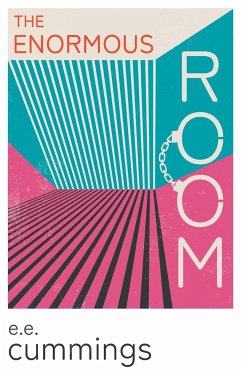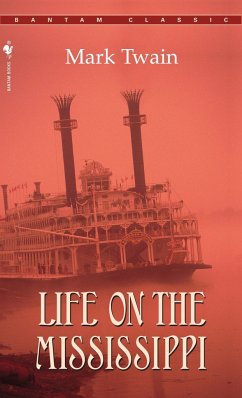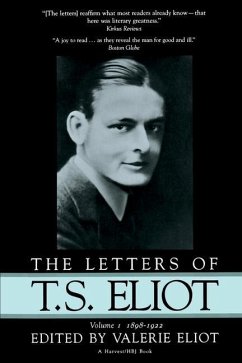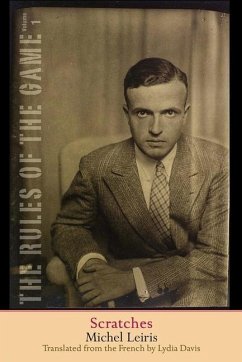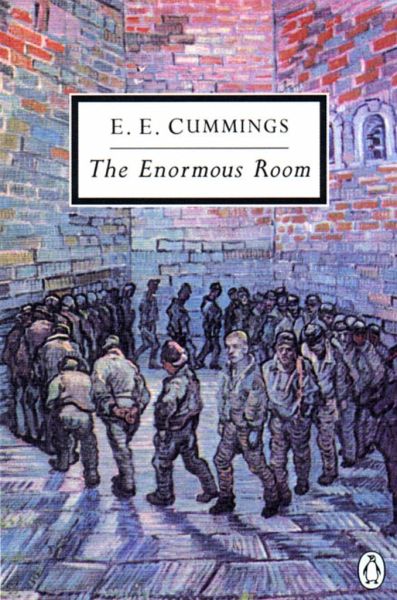
The Enormous Room
Versandkostenfrei!
Versandfertig in über 4 Wochen
16,99 €
inkl. MwSt.
Weitere Ausgaben:

PAYBACK Punkte
8 °P sammeln!
Born in Cambridge, Massachusetts, in 1894, Edward Estlin Cummings rebelled against the prevailing values of his Harvard and Unitarianism-steeped milieu. His relentless search for personal freedom led him to Greenwich Village in early 1917, where he established himself as a Modernist, composing his sui generis poems and abstract paintings. Later that year, he impulsively joined the war, serving in a Red Cross ambulance unit on the Western Front. His free-spirited, combative ways, however, soon got him tagged as a possible enemy of La Patrie, and he was summarily tossed into a French concentrati...
Born in Cambridge, Massachusetts, in 1894, Edward Estlin Cummings rebelled against the prevailing values of his Harvard and Unitarianism-steeped milieu. His relentless search for personal freedom led him to Greenwich Village in early 1917, where he established himself as a Modernist, composing his sui generis poems and abstract paintings. Later that year, he impulsively joined the war, serving in a Red Cross ambulance unit on the Western Front. His free-spirited, combative ways, however, soon got him tagged as a possible enemy of La Patrie, and he was summarily tossed into a French concentration camp at La Ferte-Mace in Normandy. Unexpectedly, under the vilest conditions, Cummings found fulfillment of his ever-elusive quest for freedom. The Enormous Room (1922), the fictional account of his four-month confinement, reads like a Pilgrim's Progress of the spirit, a journey into dispossession, to a place among the most debased and deprived of human creatures. Yet Cummings's hopeful tone reflects the essential paradox of his experience: to lose everything -- all comforts, all possessions, all rights and privileges -- is to become free, and so to be saved. Drawing on the diverse voices of his colorful prisonmates -- Emile the Bum, the Fighting Sheeney, One-Eyed Dah-veed -- Cummings weaves a "crazy-quilt" of language, which makes The Enormous Room one of the most evocative instances of the Modernist spirit and technique, as well as "one of the very best of the war-books" (T. E. Lawrence).





